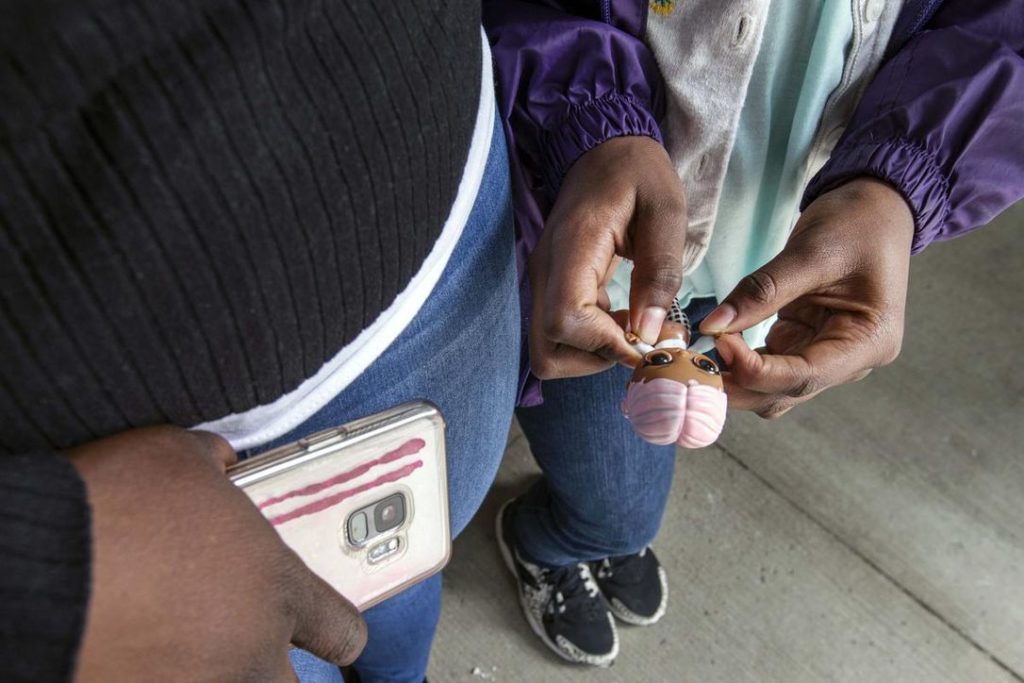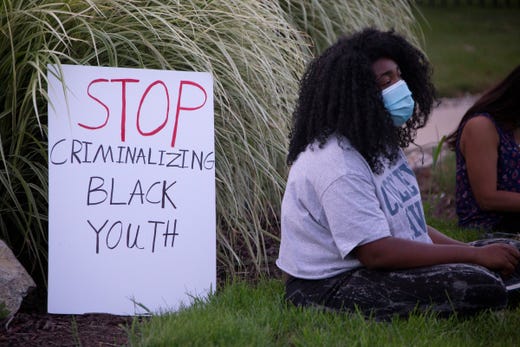
The Peel Region is in southern Ontario, Canada. In September 2016, officers responded to a 911 called at a Peel primary school. The `emergency’ was a six-year-old Black girl whose behavior `caused alarm.’ This was the fourth time the police had responded to an emergency call concerning this girl’s behavior. At the time, the girl weighed 48 pounds. Police took the girl, handcuffed and shackled her and, having shackled her wrists and ankles, lay her on her stomach, in full view of everyone, for a little under a half hour. This week it was reported that the Human Rights Tribunal had decided that race, and more specifically anti-Black racism, was a factor, that the girl, known as J.K.B., “suffered implicit harm in experiencing anti-Black racism at a very tender age”. The Tribunal awarded J.K.B. $35,000, $30,000 in damages, $5,000 in counseling costs. The Peel police said there is room for improvement. J.K.B.’s mother, known as J.B., said, “I can now focus on what lies ahead, which is making my daughter whole.” Who else will focus on making Black daughters, in Canada, in the United States, whole?
Activists and allies wish the damages had been more, wish the police anti-racist training were better, wish the actions were more sustained and definitive, and with good reason. At the same time, why do schools call police to address student behavior, and especially in primary school? Where are the counselors? Where are the alternative public services? How many times must we `discover’ that the police are not trained to address emotional and psychological situations, much less crises? A girl is having a bad day, a terrible day. Why would adults call in people with guns and handcuffs to address that girl? And if that girl is Black, in an area where Black people constitute less than 10 percent of the population, how would adults, adult educators, not understand that calling the police on J.K.B. was far beyond the last thing they should have done. That phone call should never have occurred. The possibility of that phone call should never have been imaginable.
J.K.B’s story was reported January 7. The next day, January 8, it was reported that the police, in Aurora, Colorado, who drew their guns on a Black family they `thought’ was driving a stolen car, the two White officers who drew their guns on the family, who took the four children and handcuffed them and laid them on the ground, would not face prosecution. I can now focus on what lies ahead, which is making my daughter whole. Who else will focus on making Black daughters whole?
By Dan Moshenberg
(Photo credit: Toronto Star)
